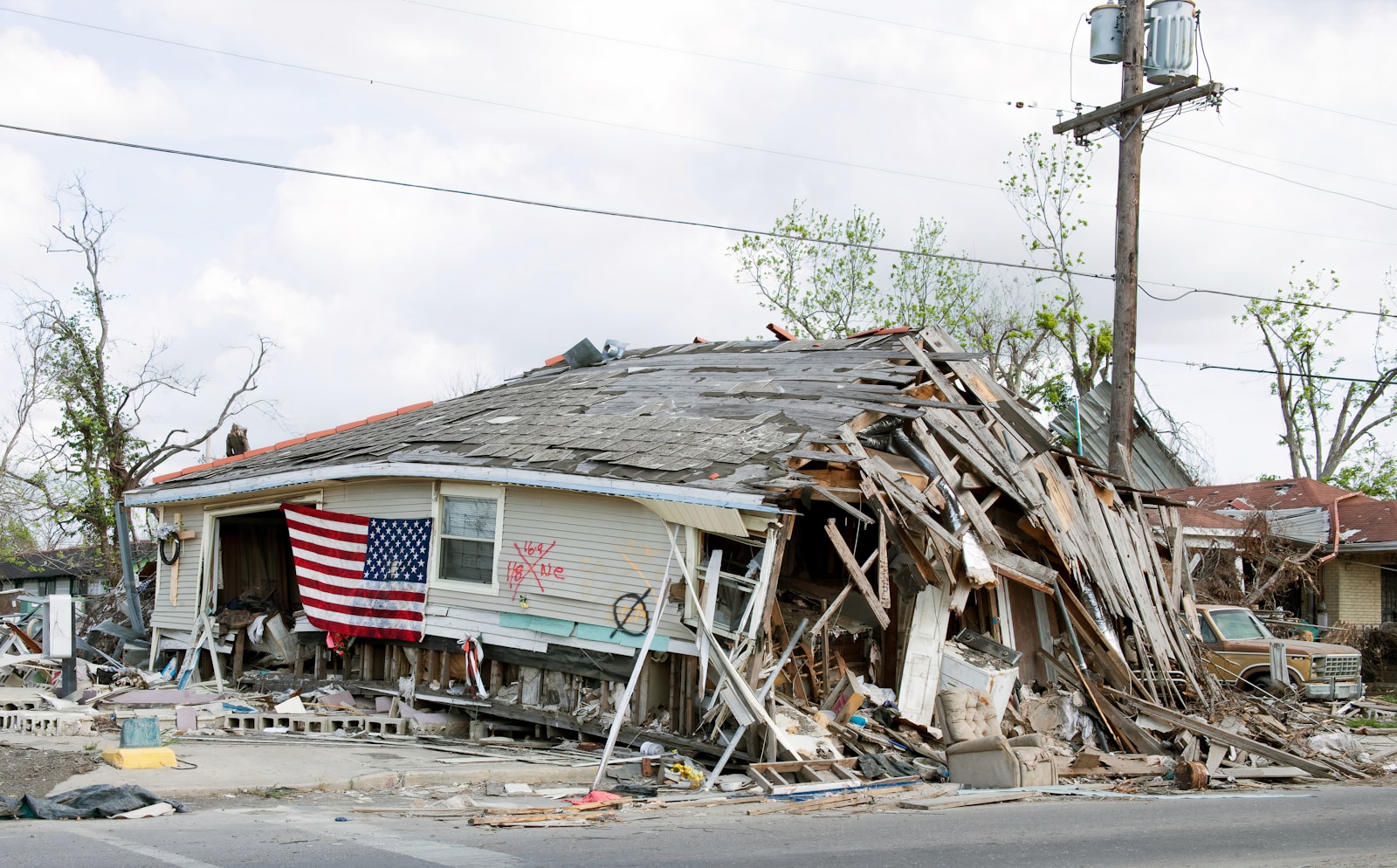
How Insurance Adjusters Assess Hurricane Damage – How You Can Be Ready
When a hurricane strikes, the aftermath can be overwhelming. From property damage to emotional stress, the recovery process often begins with filing an insurance claim. One of the most important steps in this process is working with a claims adjuster to evaluate your losses and determine compensation. Understanding how this process works can help you feel more prepared and confident.
How Will My Claims Process Work?
Once you notify your insurance company of the damage, they’ll open a claim and assign an adjuster to your case. The adjuster will contact you to schedule an inspection. During this phase, they’ll gather information about the extent of the damage, review your policy coverage and begin estimating the cost of repairs or replacements. After the assessment, the adjuster will submit their findings to the insurer, who will then determine the payout based on your policy terms.
How Will My Adjuster Assess My Losses?
Your adjuster will look at several factors during their evaluation:
- Structural damage—Your adjuster will inspect your home’s exterior and interior, including the roof, walls, windows and foundation.
- Personal property—Items like furniture, electronics and clothing will be assessed for damage or loss.
- Additional living expenses—If you’ve had to relocate temporarily, receipts for lodging and meals may be reviewed.
What Can I Do to Be Prepared?
Preparation is key to a smooth claims process. Consider the following steps:
- Document everything. Take clear photos and videos of all damage.
- Gather receipts. Collect receipts for damaged items and any temporary living expenses.
- Review your policy. Understand your coverage limits, deductibles and other aspects of your policy to avoid unnecessary or futile disputes.
- Make a list. Create an inventory of damaged or lost items with estimated values.
Learn More
Contact Amato Insurance Group today to learn more about the claims process and what you can expect after a hurricane.
This blog is intended for informational and educational use only. It is not exhaustive and should not be construed as legal advice. Please contact your insurance professional for further information.
Categories: Blog, Hurricane Insurance
